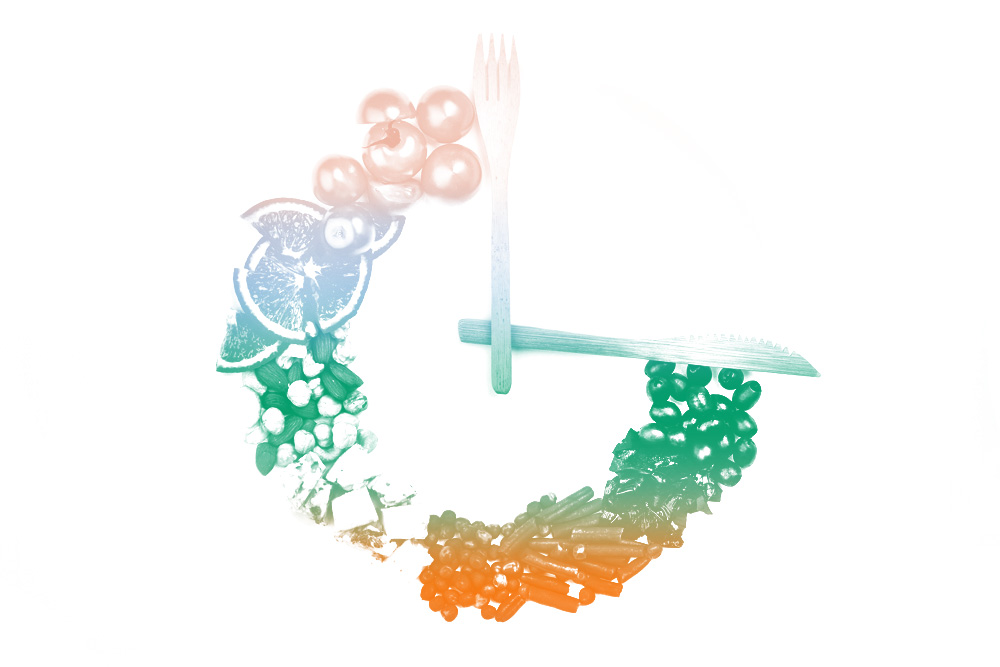The relevance and benefits of fasting in Hinduism.

Fasting is the act of refraining from food and even fluids in some cases for days or weeks. The Sanskrit word for fasting is Upvasa, stemming from Upa – near and Vasa – to stay, meaning staying close to god.
This act of depriving the body of food has various religious and biological explanations. In Hinduism, fasting is associated with spirituality where one feels closer to the divine powers. It is also deemed to purify the body, enabling it to function ultimately to its full potential, it also helps in boosting concentration.
Fasting in Hinduism
Fasting is believed to be practised to repent for sins by staying away from food and starving oneself. It is also seen as a form of self sacrifice and discipline by not catering to one’s appetite. But majorly it is followed to connect with the supreme gods during religious celebrations. One might not be feeding the body but is actually feeding the soul through fasting. Keeping away from food helps become more conscious and mindful, which then aids in taking a flight towards spiritual meditation or focus. One can draw energy from this even when the body is not being given solid food. It is known to boost stamina and nourish the body as it receives the blessings from god that one is seeking.
Fasting is observed ideally on Ekadashi, the eleventh day of both cycles of the moon, that is twice a month. Usually people fast during many auspicious occasions, like Samskara, in order to purify the body and soul before or during partaking in any rituals of worship. Durga puja or Navratri, the nine day festival for offering prayers to goddesses, Mahashivratri and Sravan are prominent fasting phases. Sravan is witnessed for a whole month from July to August and people fast for the entire period. Unmarried Hindu women keep a fast on Mondays praying to find a good, dutiful husband. Married women fast on Karwa Chauth to ensure and pray for a long life for their partners.
Multiple Hindu devotees fast during particular days every week as those days symbolise certain deities. Saturday is for Shani, a Graha and Tuesday is for Hanuman.
Although fasting generally means to not consume any food or even water, certain occasions do permit eating various foods. Sattvic food items that are fresh, maintain the process of purification the body is undergoing. Certain fasts simply prohibit eating meat but individuals can eat fruits, vegetables and grains. Similarly, wheat, rice, and processed foods are at times not allowed to be consumed during several types of fasts.
Gandhi was famous for using fasting as a non violent and peaceful method of protest during the freedom struggle against the britishers. Many leaders then have employed this technique which has worked positively in their favour.
Ayurvedic reasons
According to Ayurveda, the branch of medicine in Hinduism, fasting helps purify the body by getting rid of toxins. By not consuming any food, you can give one or more days off to your digestive system for it to restore its functions and work again optimally. Just as machines need servicing, the body benefits from a break and overall cleansing of the entire human structure.
Physical benefits
A common advantage attributed to fasting is losing weight. Approaches like intermittent fasting where a person eats only for 4-8 hours of the day and fasts for the remaining time are known to increase metabolism and eventually lose body weight. Studies indicate that intermittent fasting is helpful for people with type 2 diabetes and also reduces the chance of heart ailments. It elevates the production of growth hormones in the body as well as anti ageing processes while removing cancer cells.
As opposed to believing how fasting can drop productivity, it can in fact make the body more efficient.